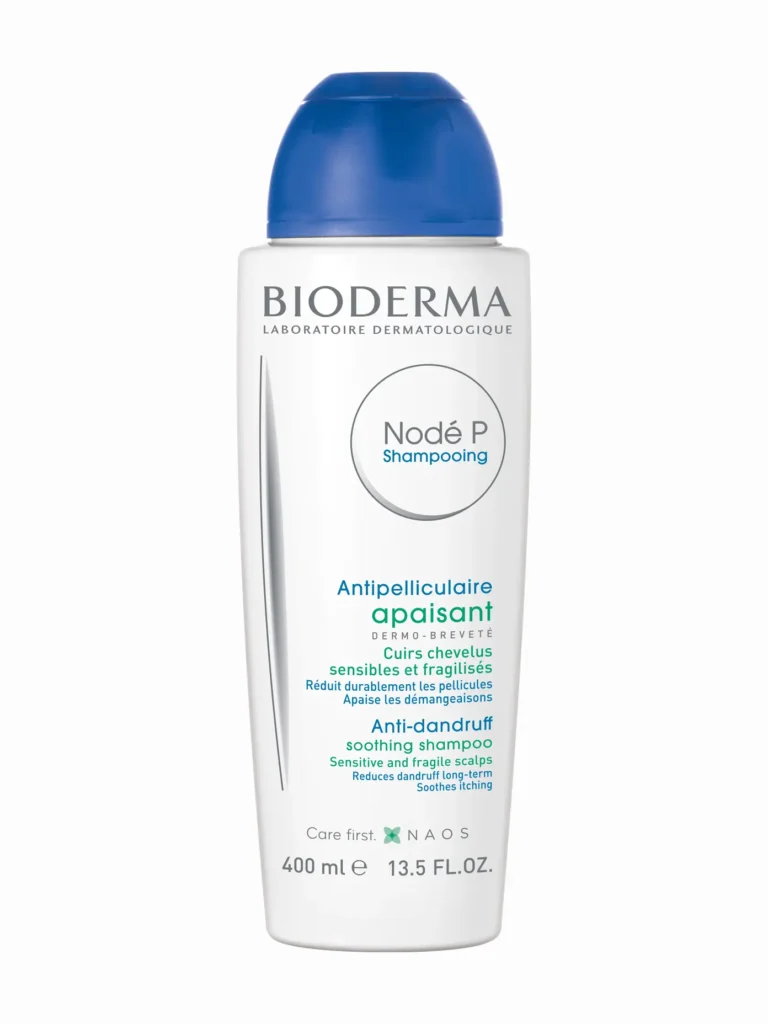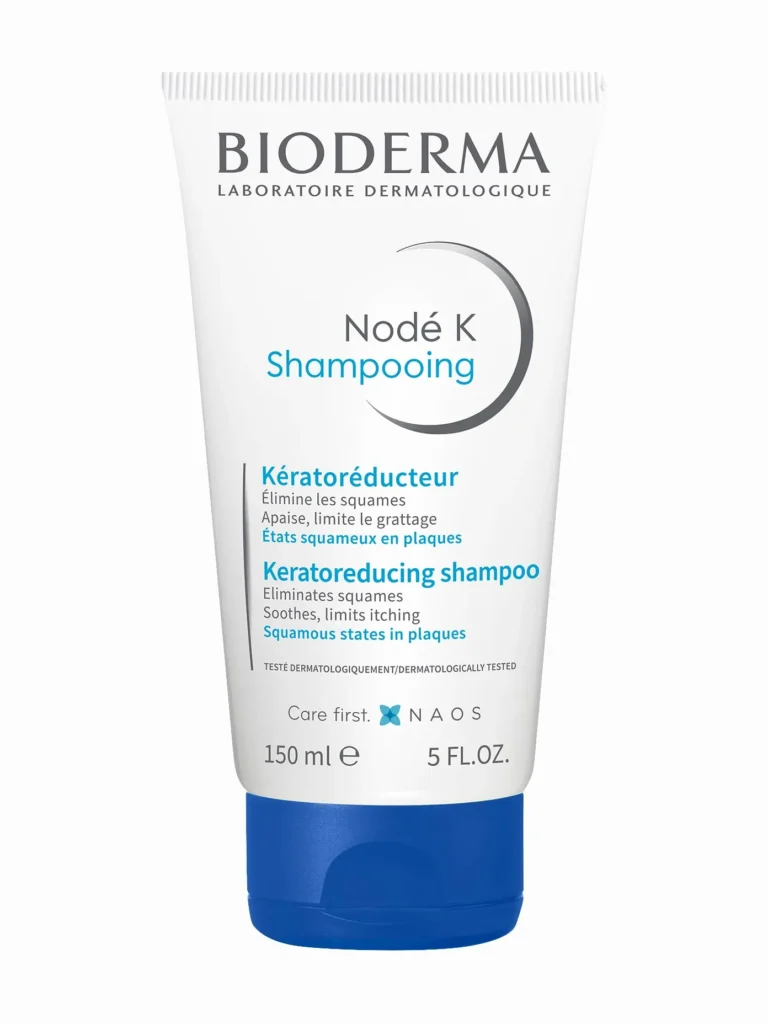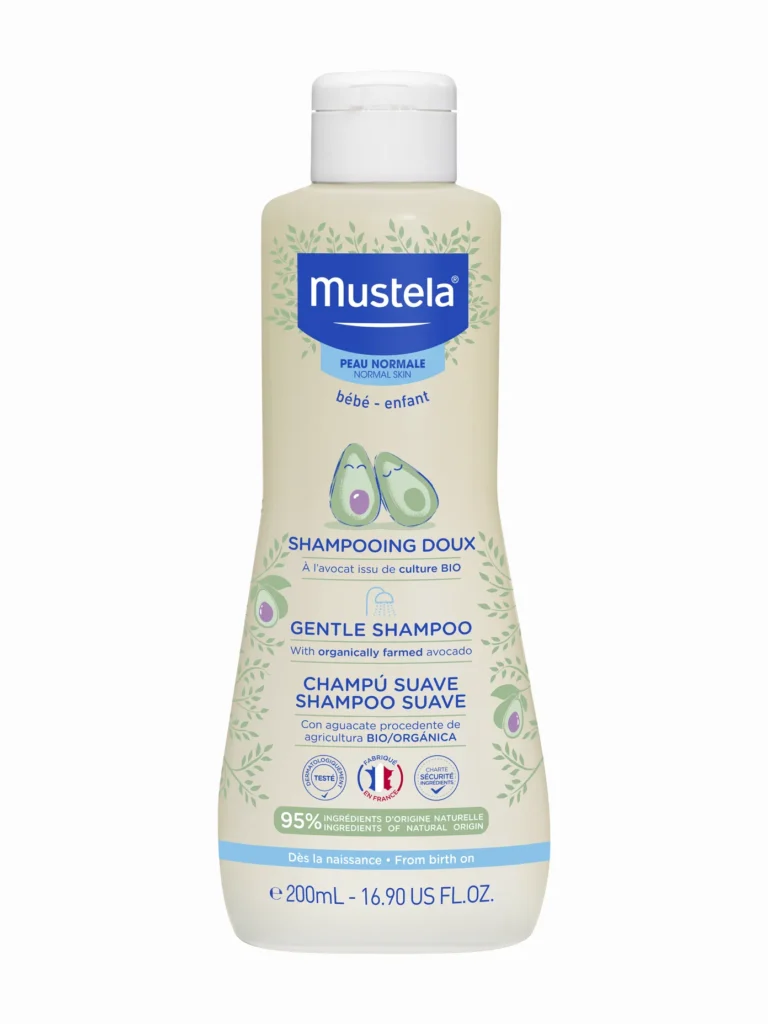Free delivery on all orders over R750
Click Here
Chat with qualified skin therapists
Click Here
Free samples with every order
Click Here
Hello 👋
Shop by Product Type
Ampoules
Baby
Barrier Creams
BB & CC Creams
Body
Cleansers
Day Creams
Essences
Exfoliators
Eye Care
Foot Treatments
Foundation
Gift Vouchers
Haircare
Hand & Nail
Masks
Men
Micellar Waters
Moisturisers
Neck Creams
Night Creams
Oils
Oral Care
Serums
Starter Kits
Sunscreens
Supplements
Targeted Treatments
Toners
Tools & Devices



